
The EU Needs a Permanent Solution for Migration
It is becoming increasingly clear that the freedom of movement of European citizens, which is so essential to the European project, is now in danger in the face of the worsening migration crisis.

It is becoming increasingly clear that the freedom of movement of European citizens, which is so essential to the European project, is now in danger in the face of the worsening migration crisis.
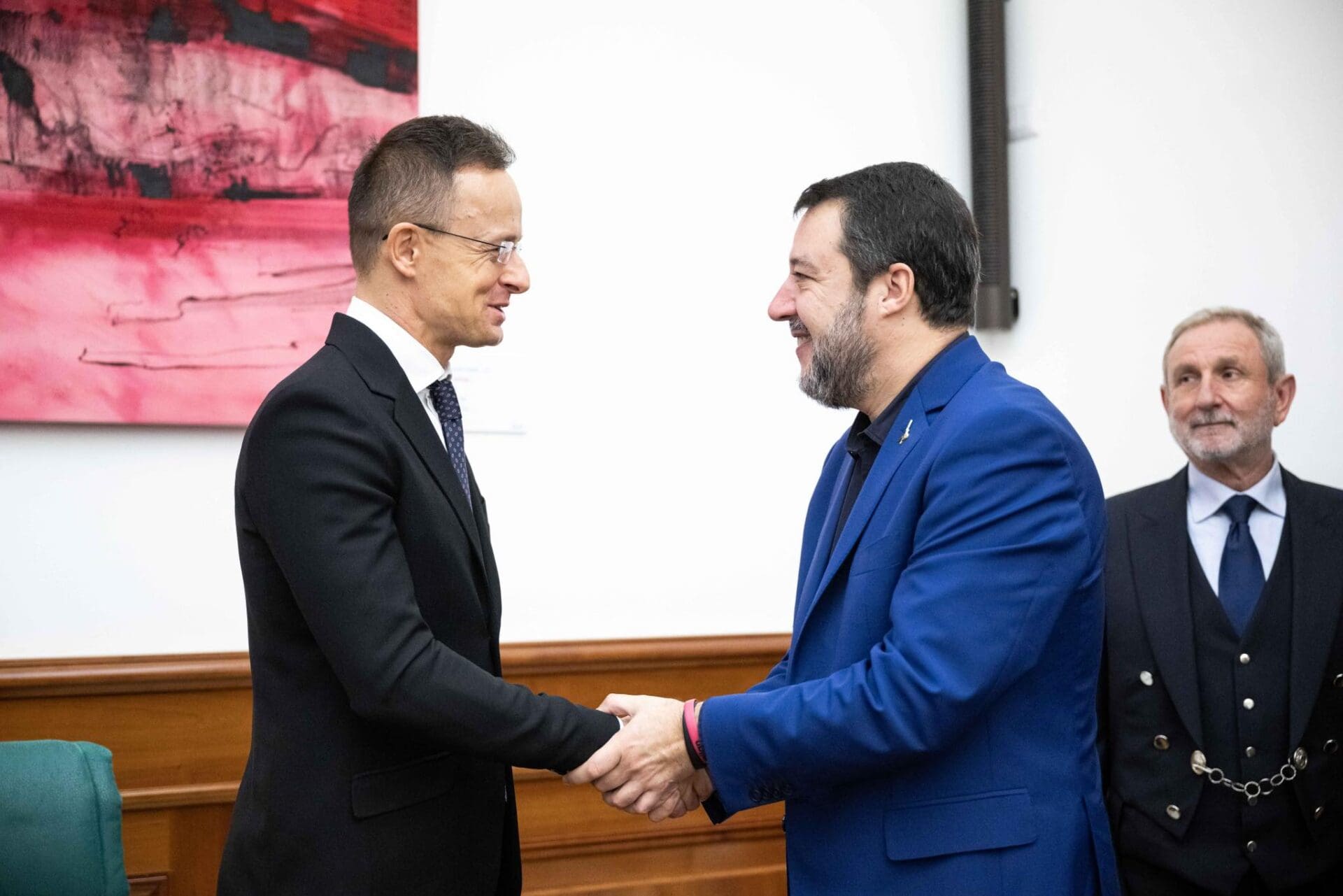
Minister Szijjártó underscored that he is glad there are still politicians like Matteo Salvini in Europe. He said Salvini, whom he described as an old friend, is one of ‘those who are able to think rationally about migration’.
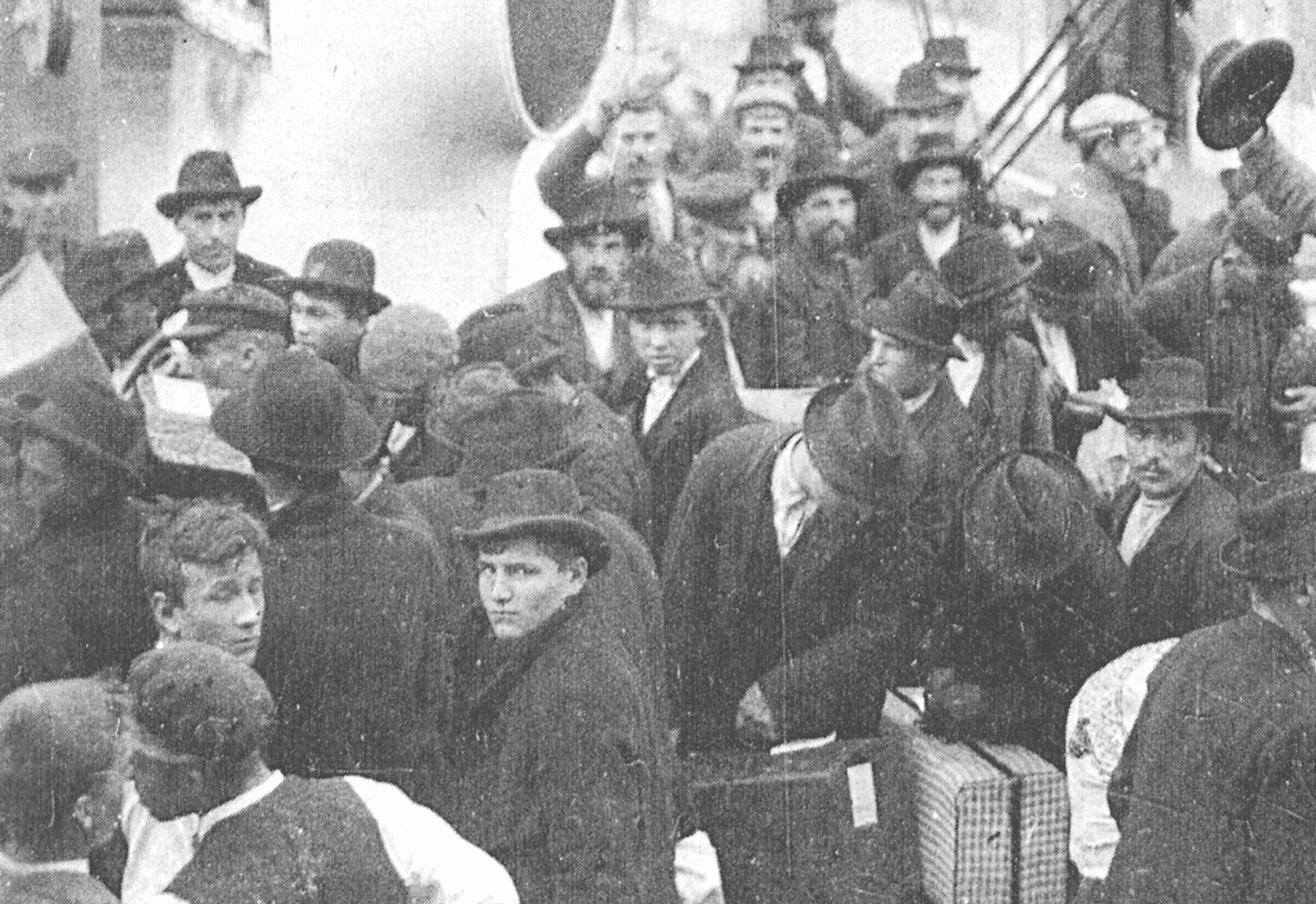
Although the official Hungarian propaganda constantly portrayed the ‘dark figures’ of the leftist emigration as plotting from abroad against Hungary, the surviving primary sources show a picture of ineffectual losers fighting among themselves.
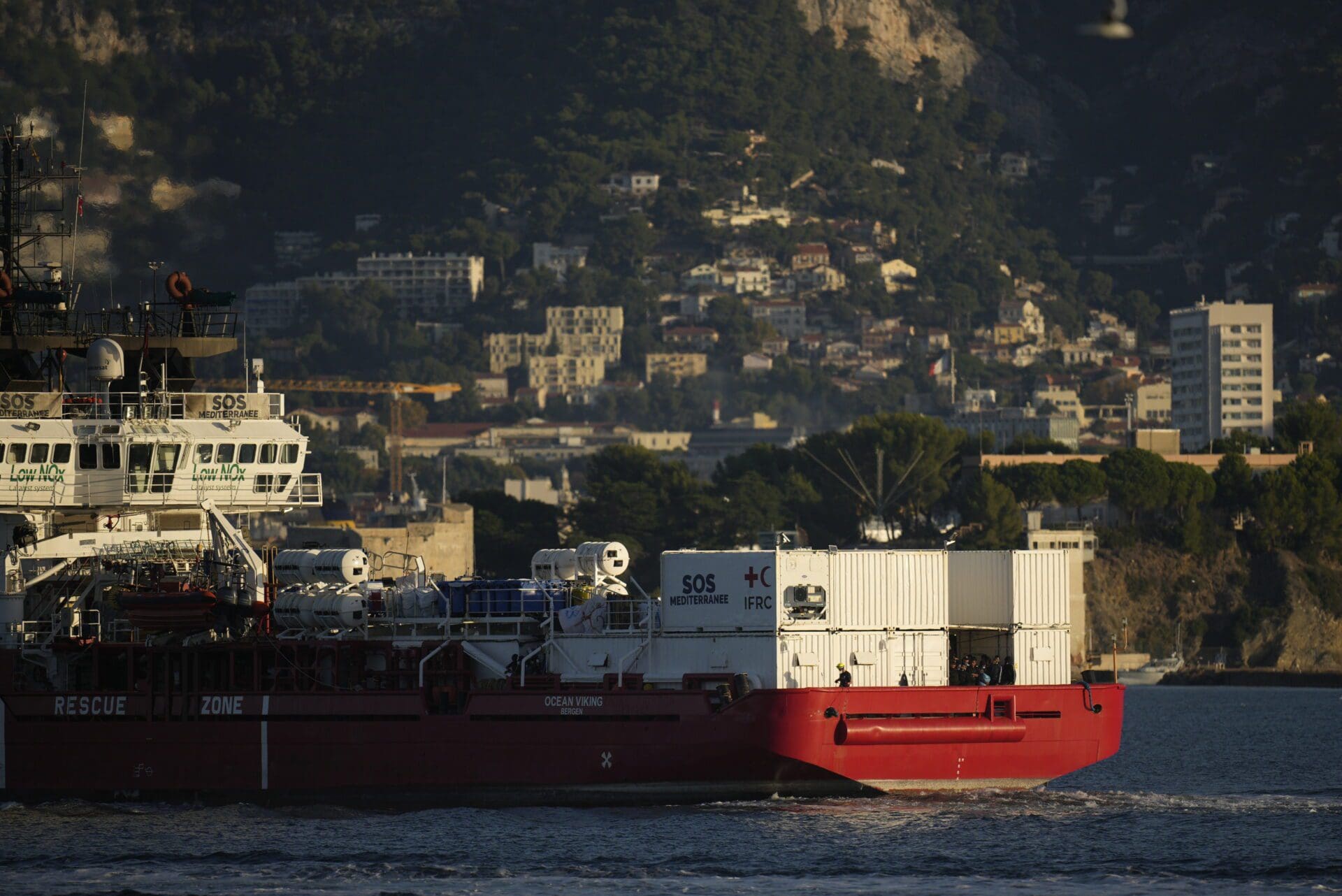
‘Italy will not be an accomplice of human trafficking,’ argued Italian Deputy Prime Minister Matteo Salvini.
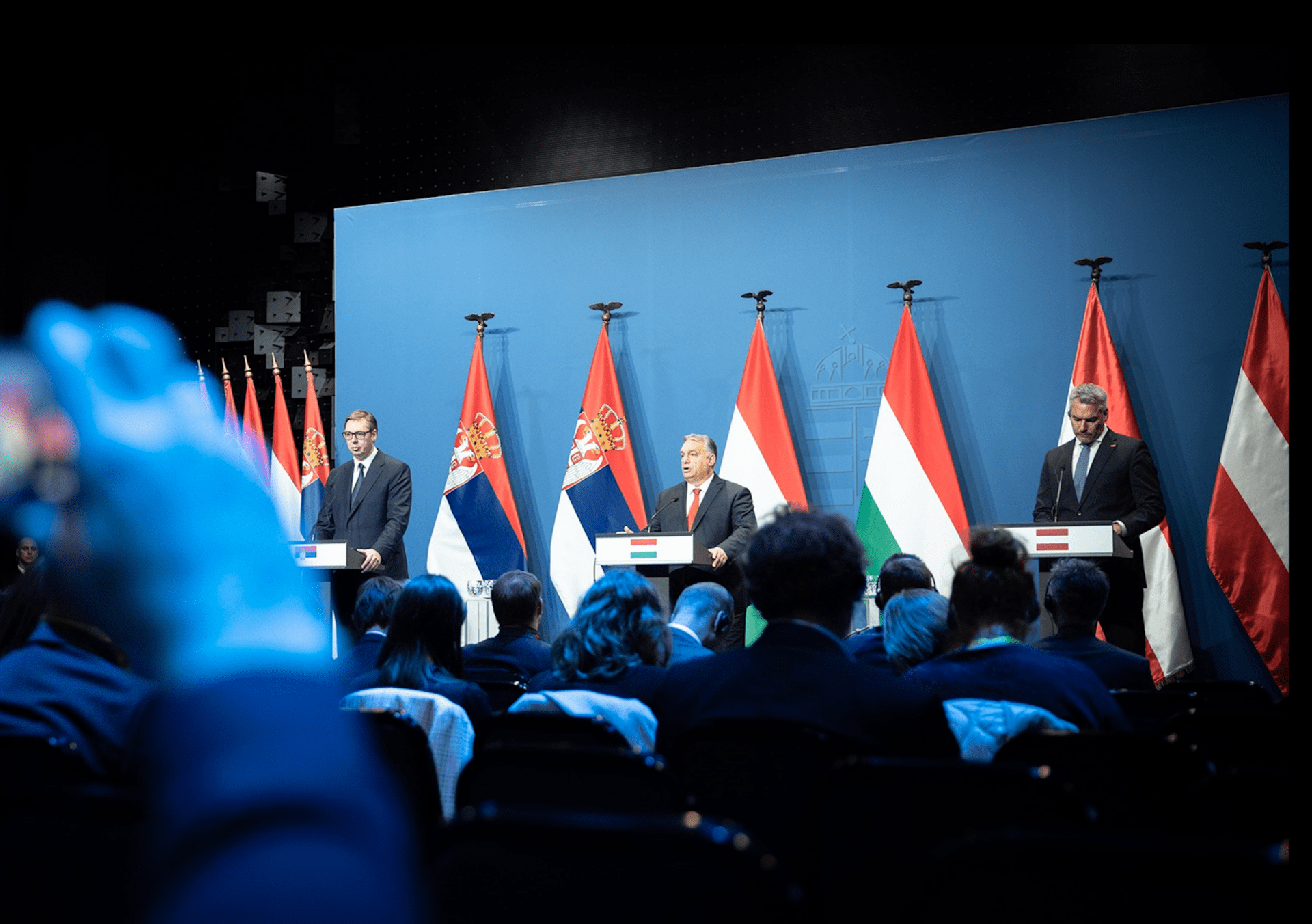
At the three-country summit hosted by Budapest on Monday all parties agreed that illegal migration can only be countered by working together for the protection of all of Europe.

As Sweden prepares for general elections in September, predictions about who the winner will be fill the media. It is most likely that the deciding factor will be the competing parties’ stance on illegal immigration.
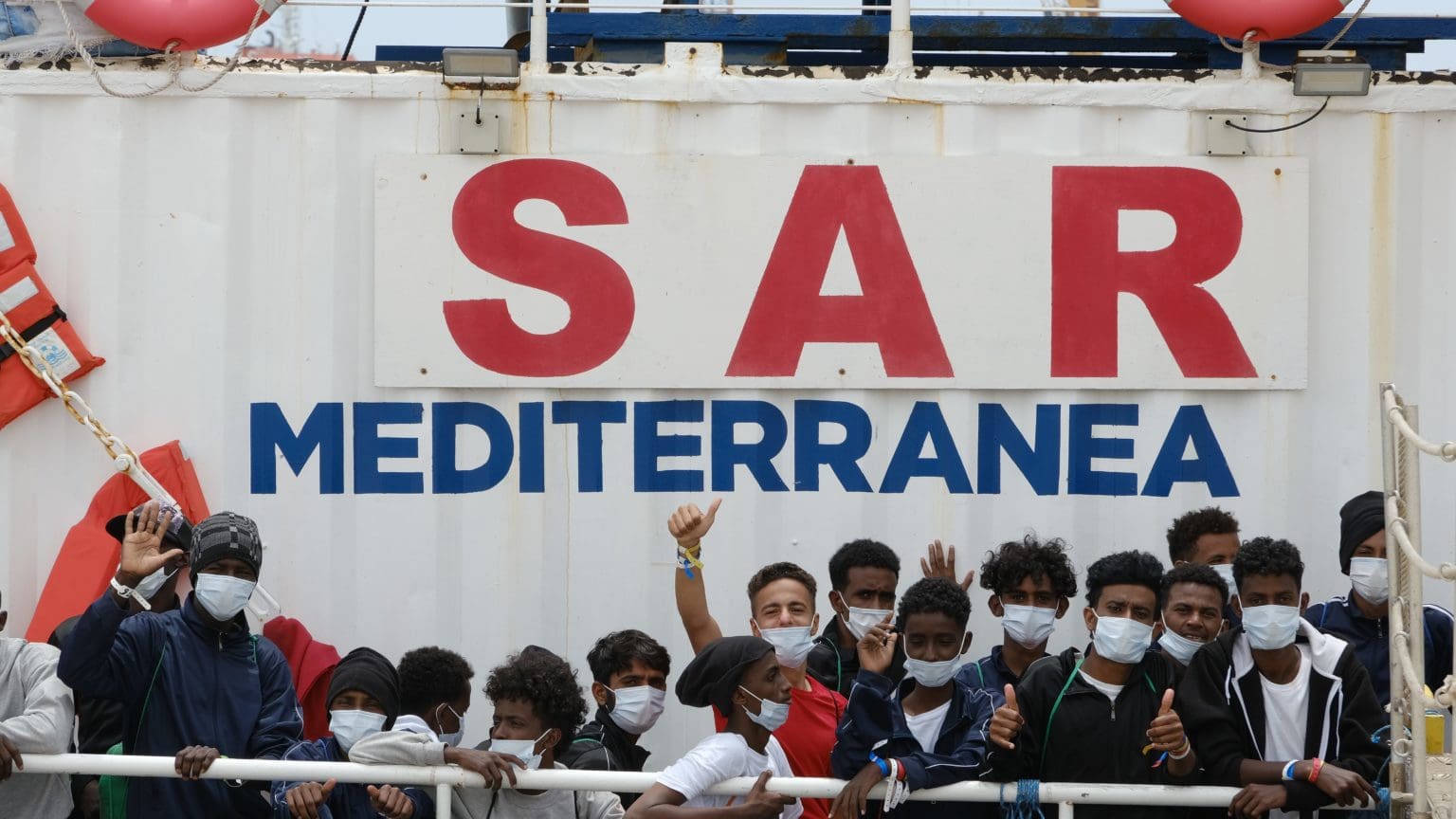
Southern-European countries expect a large influx of migrants from North Africa and the Middle East. As food insecurity grows due to the war and climate change, many will attempt to flee their crisis-stricken countries.

The European Union’s current administration of refugee affairs can safely be called both flawed and obsolete.
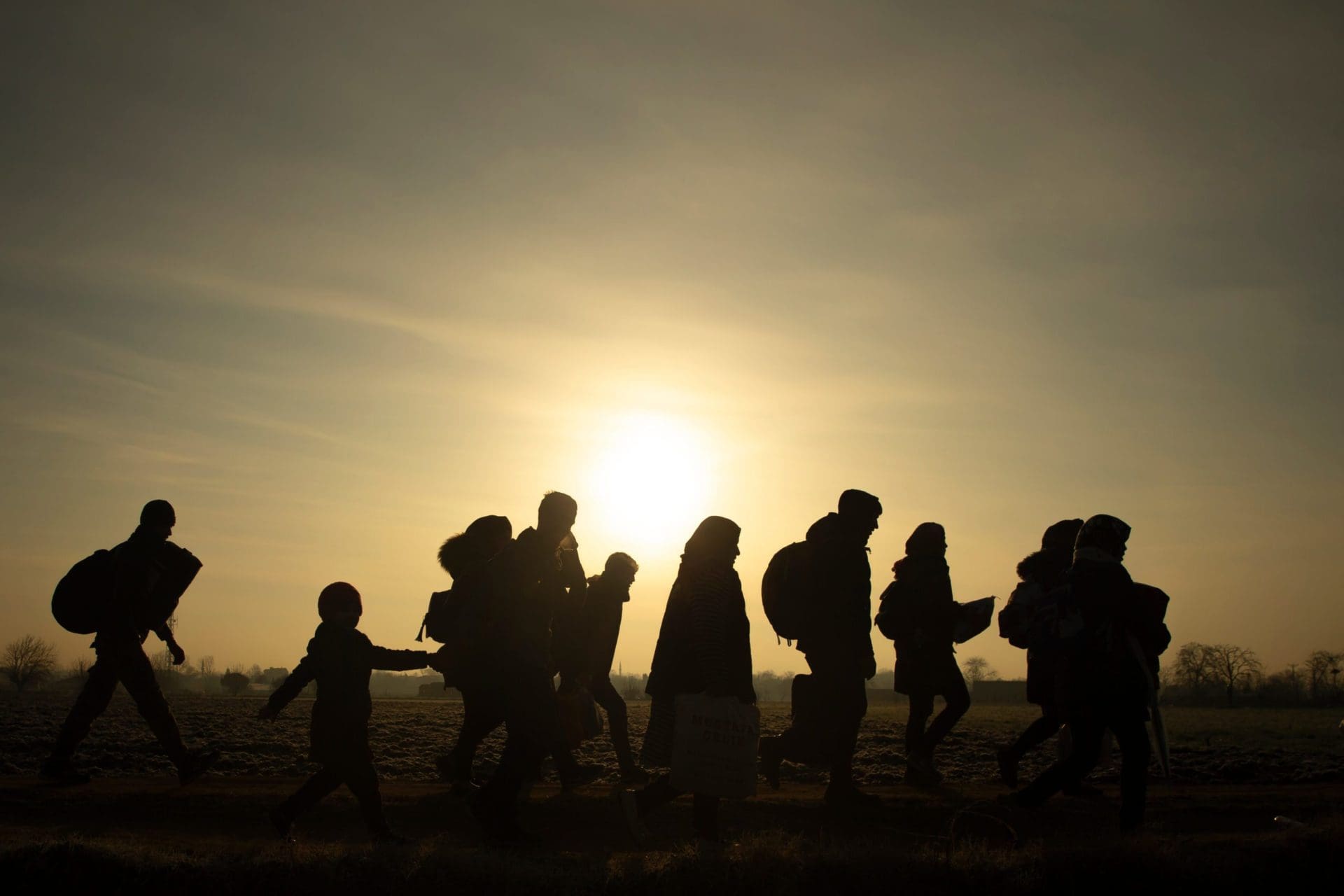
Mass immigration is, indeed, a danger for all societies, and though it seems an unavoidable symptom of late civilizations, patriotic politicians should seek to reduce it as much as possible.
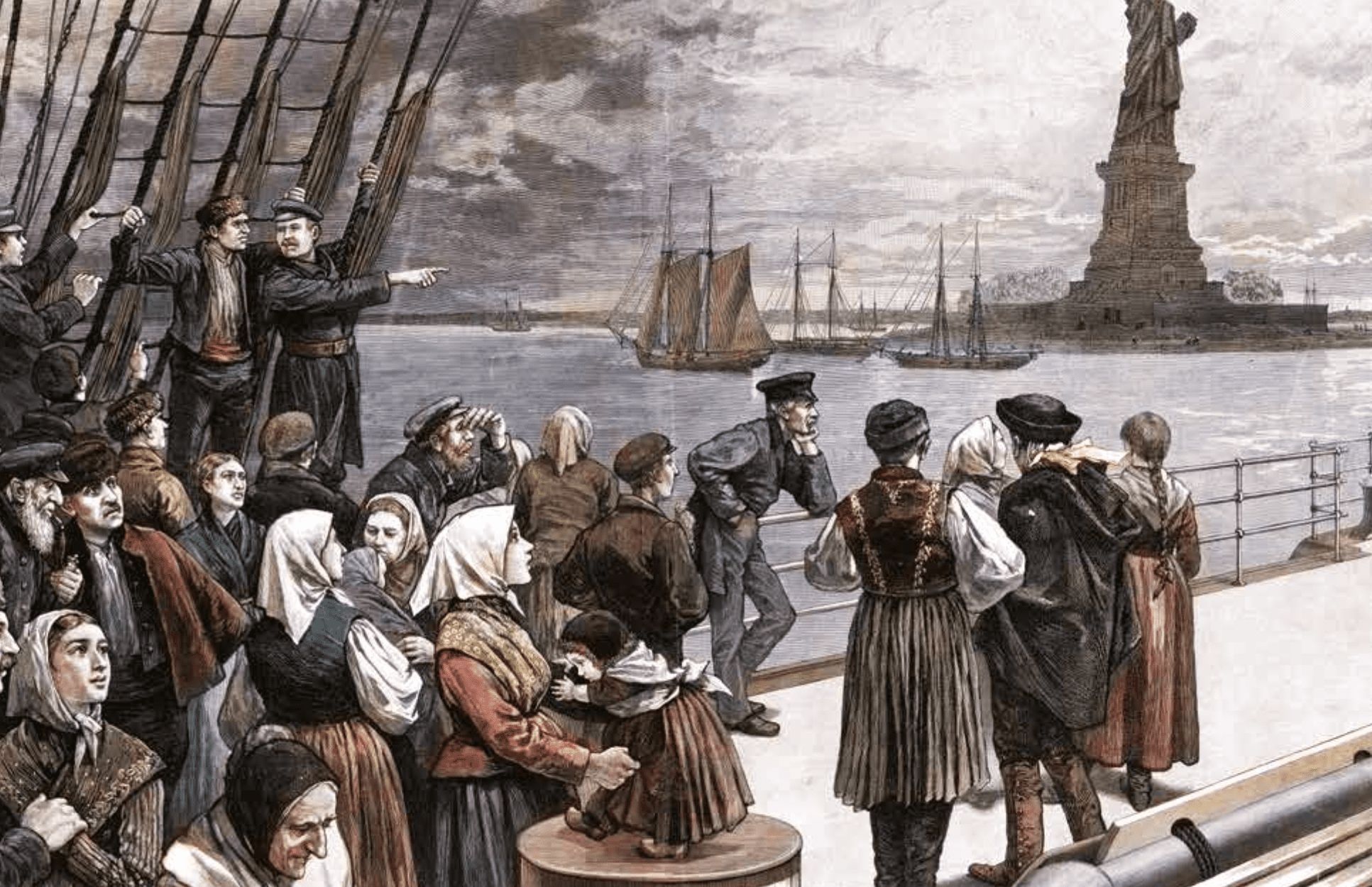
The most important measure of the success of an immigration policy is whether the newcomers and their children come to fully identify
with their new country.